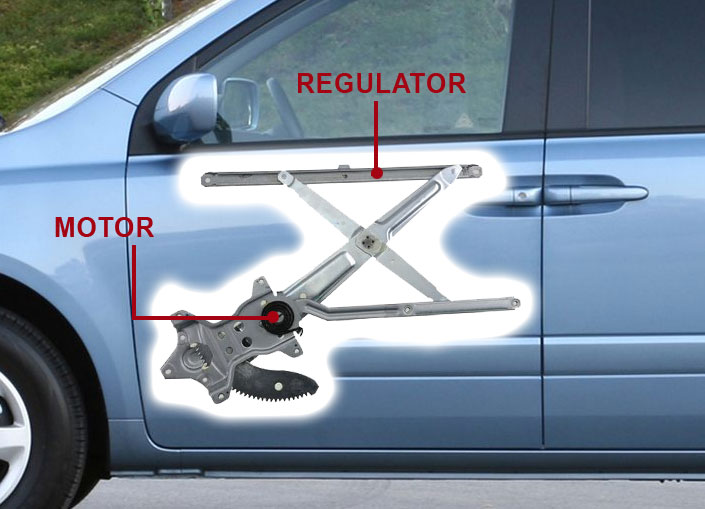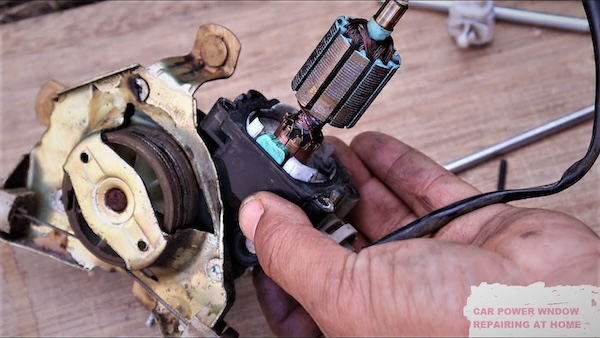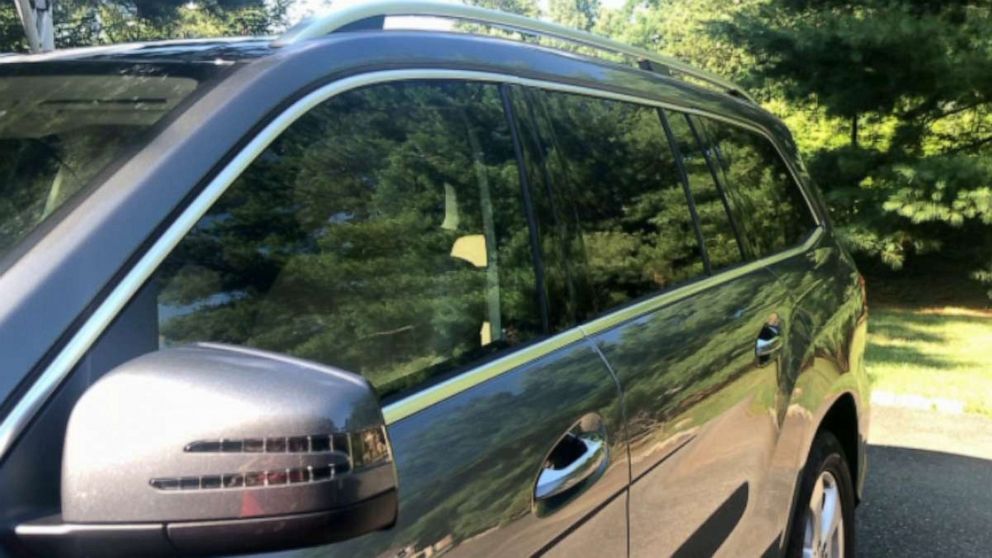If you’re experiencing problems with your car windows moving up or down, the issue might stem from a faulty window motor or regulator. This is a relatively common problem. Repairing your vehicle’s windows typically doesn’t take long, but it can be costly since it requires accessing the door panel. Here’s what you should understand about addressing issues with your window regulator or motor.
Why Do Car Windows Move Up Then Down?
When you press the button to raise your car window, it may go up but then immediately lower again. Alternatively, when you try to lower it, it might rise instead. This frustrating issue with power windows is often caused by a defective or damaged window motor, also referred to as a window regulator. While the regulator can occasionally fail, the problem is usually straightforward to resolve.
However, not every issue with power windows is related to the motor. Below are some additional indicators to help you determine whether your window motor is malfunctioning.
Other Indicators of a Faulty Window Motor
You may need to press the window button multiple times to get the window to move. A single press might not work, or you might have to press the button with extra force.
Normally, power windows fully open or close when you press and release the button. However, if the motor is faulty, the window stops moving as soon as you release the button.
The window may move unusually slowly, sometimes with a squeaking noise. Alternatively, it might close too quickly, failing to align properly with the window frame.
Another clue is when pressing the button results in no movement, but you hear a clicking or snapping sound instead.
Reasons a Window Motor or Regulator Fails
Recognizing the symptoms of a malfunctioning window motor is crucial, but not every symptom requires a replacement. Depending on the root cause, there are various ways to repair the system and restore your window’s functionality.
Causes of a Malfunctioning Window Regulator
Identifying the signs of a malfunctioning regulator is key to diagnosing the issue before visiting a mechanic. This knowledge can help you source replacement parts online, potentially saving money compared to using the mechanic’s parts. Understanding why a window regulator fails can also help you prevent future issues, ensuring your power windows remain functional.
Debris and Dirt Contamination
Dirt or debris can infiltrate the door panel and obstruct the motor. Instead of smoothly raising or lowering the window, the motor struggles against the debris. A telltale sign is a clicking sound when you press the window button.
How to Address It
If debris is affecting your window motor, a mechanic can open the door panel and clean the system thoroughly.

Damage from a Collision
A collision, even a minor one, can damage the power window system if it impacts the door. Such incidents can impair the motor or regulator.
How to Address It
If a car or cyclist collides with your door and the window stops functioning, a mechanic can inspect the panel, replace damaged components, and check for disconnected power lines.

Cold Weather Damage to Regulator
Some vehicles struggle in cold temperatures, with small components like the window regulator failing below 10 degrees. Freezing water inside the panel can also immobilize the regulator.
How to Address It
Move the vehicle to a warmer environment to thaw it out. If the window still doesn’t work, a component may be broken and require replacement.
Maintaining Your Car Windows
Many car owners overlook their windows until cleaning them at a car wash. However, like other vehicle components, the power window system requires regular maintenance and occasional repairs.
Clean the Window Rubber Seals
Prevent debris, leaves, or dirt from accumulating in the rubber seals at the base of your windows. Before lowering the window, brush away any debris to avoid it entering the mechanism.
Avoid Lowering Dirty Windows
Refrain from lowering your window if it’s covered in mud, dirt, or bird droppings. While it might seem like an easy way to clean the glass, these contaminants can enter the door panel, clogging the power window system and causing malfunctions.


